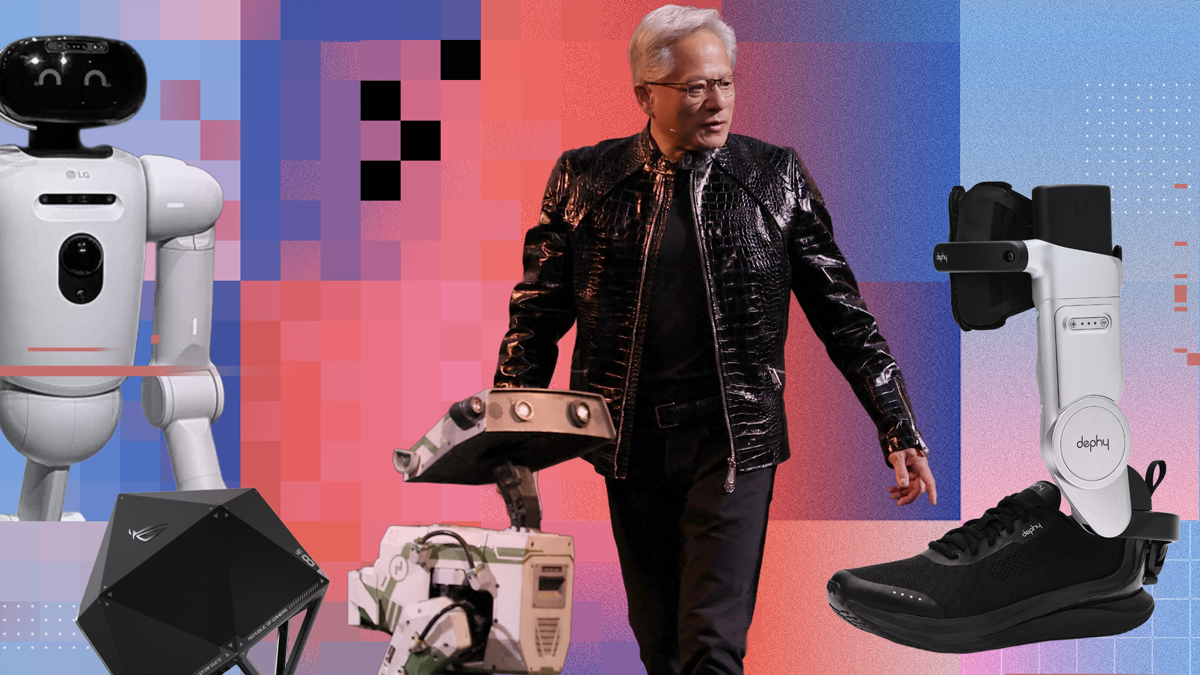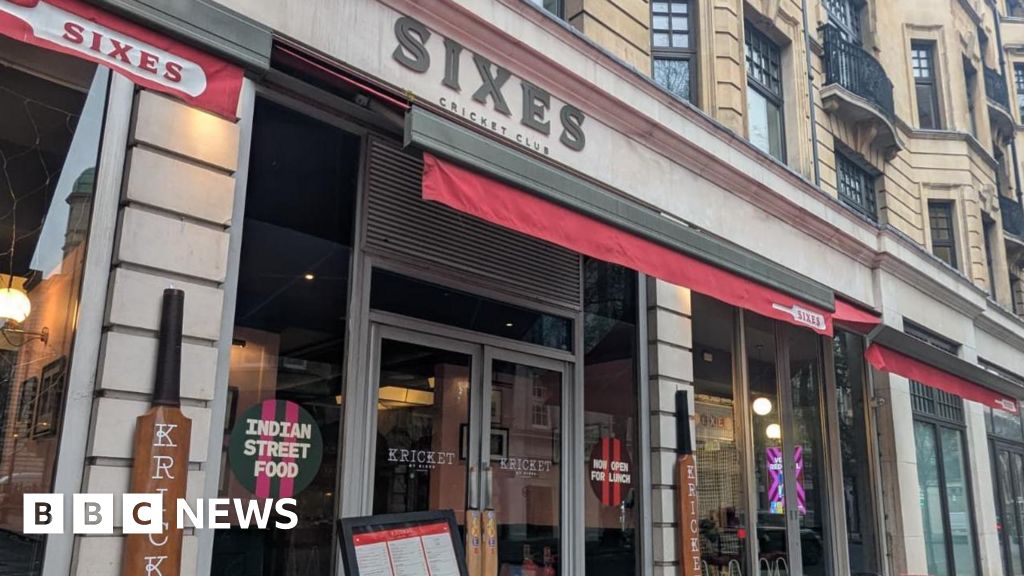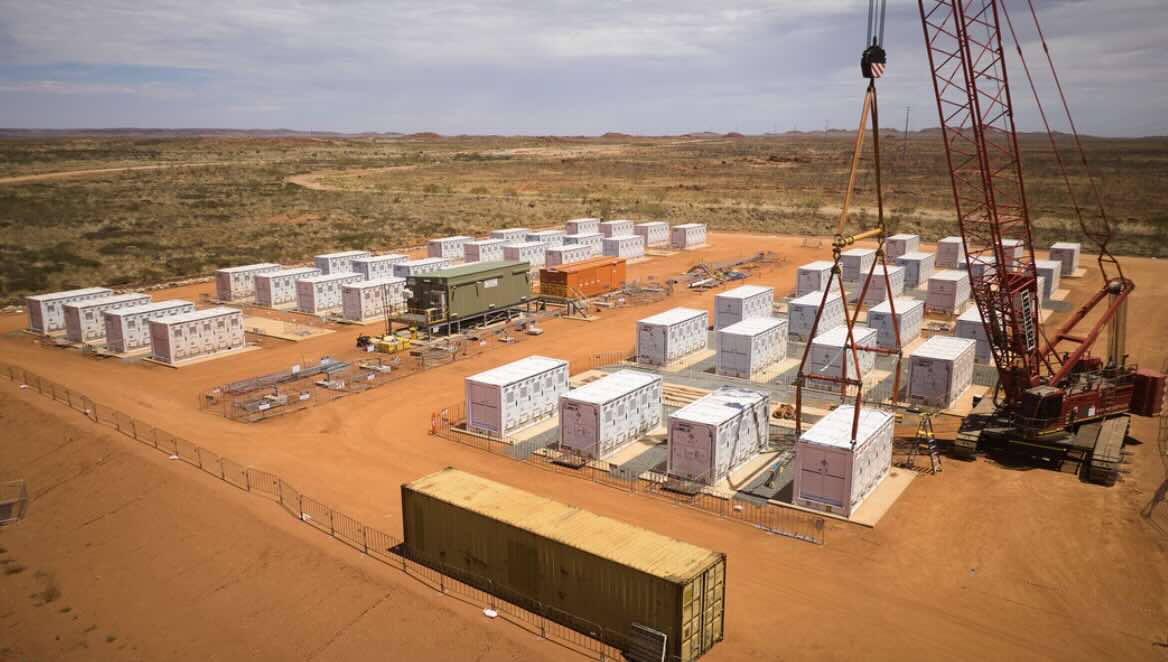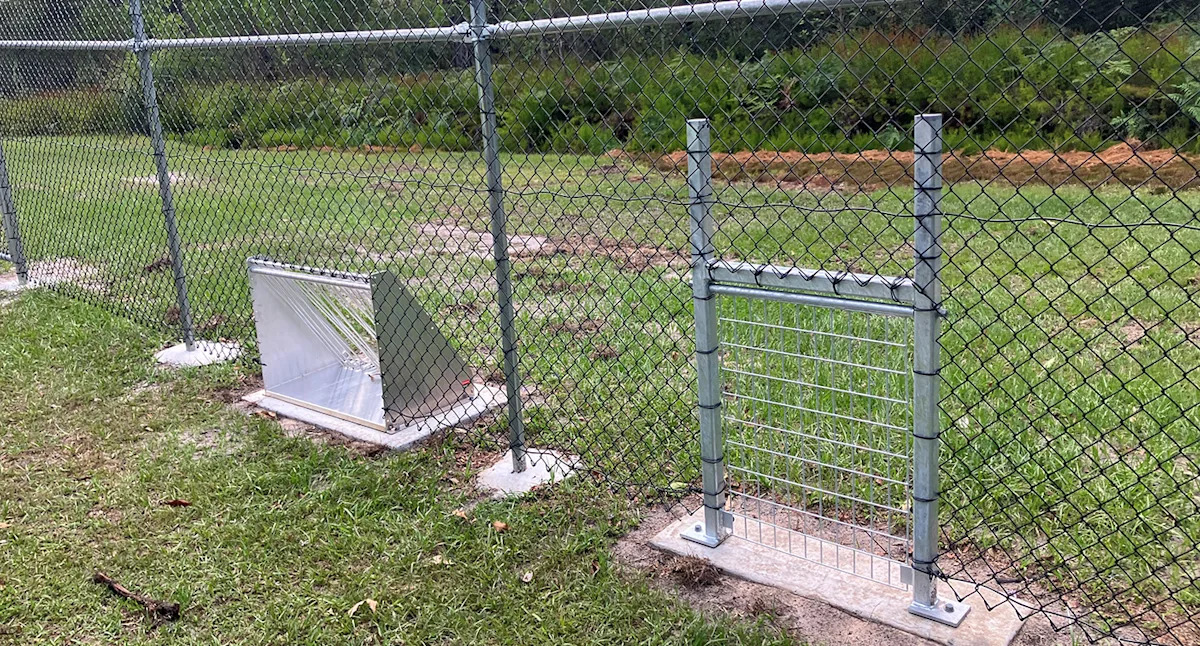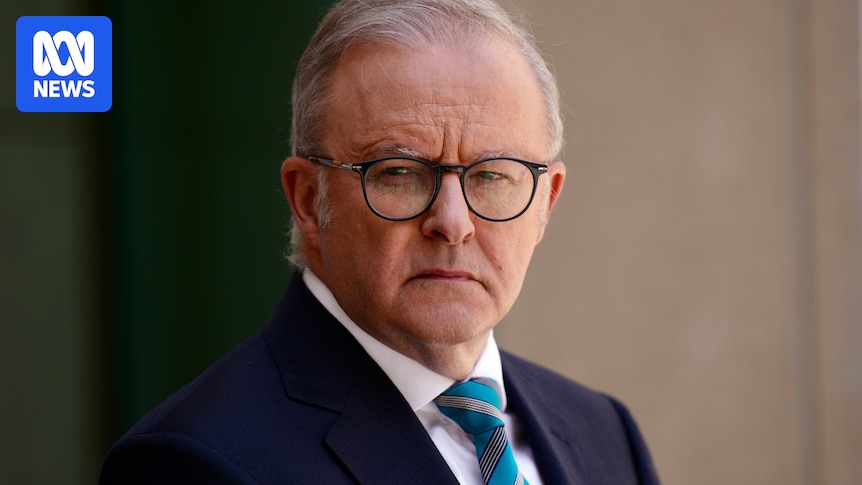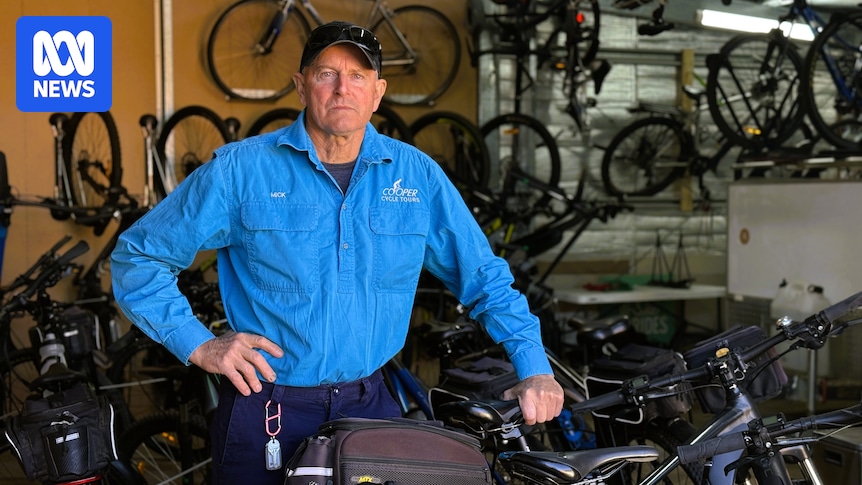
The recent extension of the deadline for new e-bike certification laws in New South Wales has provided little comfort for small business owners like Mick Cooper. The 70-year-old entrepreneur, who has spent five years building his bicycle tour and hire business in Dubbo, faces a daunting future. His fleet of 13 e-bikes, which accounts for 80 percent of his revenue, will become illegal to hire from February 1, 2026. Non-compliance could result in fines up to $825,000.
The issue stems from a new certification scheme implemented by the NSW government aimed at reducing fires from unstable or damaged lithium-ion batteries. Under NSW law, hiring an e-bike is considered equivalent to selling one, putting hire businesses under the same stringent requirements as retailers.
Industry Concerns and Calls for Support
Unlike retailers who can sell their non-certified stock before the deadline, hire operators depend on manufacturers to certify or replace their fleets. Peter Bourke, General Manager of Bicycle Industry Australia, highlighted that many hire operators were unaware that the laws applied to them. “It includes anyone who hires out bikes, from a caravan park to a hotel,” he said.
Bourke described the potential fallout as “extremely problematic” for regional operators and urged the state government to consider further extensions, grandfathering clauses, or grant programs to help businesses replace their fleets. NSW Fair Trading, however, has stated that hire operators have been given ample time to adjust, with a total transition period of 18 months ending in February 2026.
Challenges in Compliance
Currently, few e-bikes on the market meet the new certification standards, as manufacturers are still in the process of certifying new or existing models. Bourke noted that some manufacturers are opting out of certification altogether, given that NSW is the only jurisdiction with such a comprehensive testing framework.
For Mick Cooper, the extra six months has not provided more options. His e-bike manufacturer is not certifying the model he uses, and without a minimum of $50,000 to replace his bikes, continuing the business seems unfeasible. Similarly, Campbell Shepherd in Murwillumbah faces a dilemma with his 50 e-bikes, which are about three years old. He is exploring costly private certification or may be forced to close his business, impacting six employees.
“Each model needs to be certified, and my understanding is to test one costs about $9,000 and to certify is another $1,200,” Shepherd explained.
Impact on Tourism and Local Economies
E-bike tourism has been booming in NSW, bolstered by significant investments in cycleways. Lori Modde, CEO of Outdoors NSW & ACT, noted that the sector received $51.8 million in government trail funding in recent years. However, the lack of consultation with the tourism and recreation sector over the new laws has been a shock.
Visitor numbers on the NSW south coast rose by 89 percent from the previous year, following the launch of upgraded bike trails. This economic boost, amounting to $69.5 million in visitor spending, underscores the vital role of e-bike tourism in local economies.
Yet, businesses like Sally Bouckley’s in Narooma, which expanded significantly due to demand, face uncertainty. Her 17 e-bikes, more than two years old, will not be certified by February. Despite her bikes’ high-grade certified batteries, they fall short of the new requirements.
“It’s just a real kick in the teeth for quality tour operators who already have really good bikes,” Bouckley lamented.
Looking Ahead: A Waiting Game
In Eden, Jessica Taunton, who added 10 e-bikes to her hire business last year, has some reassurance from her manufacturer about potential certification. However, the process remains stressful without a clear timeline or guarantee of compliance.
Meanwhile, Steve Back in Mooball, who rebuilt his business after the COVID pandemic and 2022 floods, faces significant losses. Half of his 50 e-bikes might be certified by February, but any design change requires new testing.
“I have one model which is about 60 percent of my fleet,” Back said. “But if [the manufacturer] changes that design … all my bikes will be illegal.”
The unfolding situation highlights the precarious position of e-bike hire businesses in NSW. As the deadline approaches, operators continue to seek clarity and support from both manufacturers and the government to navigate these challenging regulatory waters.
